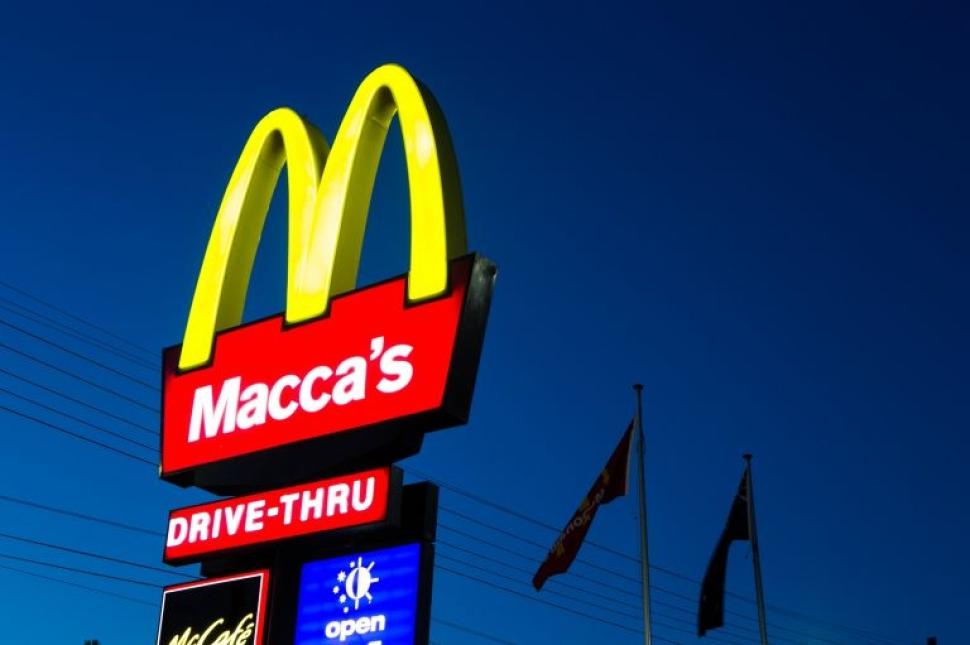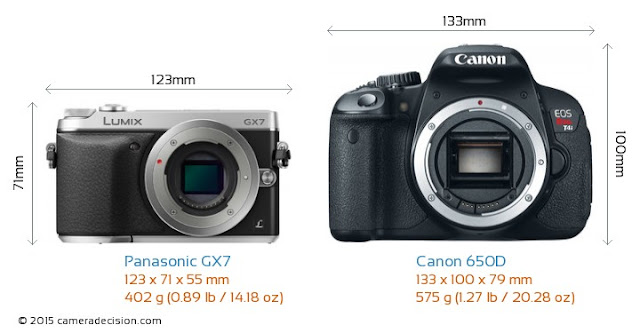Actually, I prefer the
term “stingy”. I am stingy. I am cheap. I enjoy myself but I
also make sure that I have money left in the bank. Here's how to do
it:
Rule number 1.
Don't drink/smoke
 Ok, so this is my first
one and I know immediately that most people will struggle with this –
but it's the one that has saved me the most money. I consider myself
lucky that I am not addicted to these legal drugs that kill the body
and rinse the bank account. For backpackers and young people in
general, I believe these are the reasons that people complain about
having no money. Can't remember where your money went? Well that's
because you drank it. The secret that everyone has been keeping from
you is – you don't need alcohol to have a good time.
Ok, so this is my first
one and I know immediately that most people will struggle with this –
but it's the one that has saved me the most money. I consider myself
lucky that I am not addicted to these legal drugs that kill the body
and rinse the bank account. For backpackers and young people in
general, I believe these are the reasons that people complain about
having no money. Can't remember where your money went? Well that's
because you drank it. The secret that everyone has been keeping from
you is – you don't need alcohol to have a good time.
Don't worry, I'm not
going to tell you that you can't have a Macca's either. Infact,
McDonald's has been our lifeline while we've been in Australia. $1
(50p) for a hash brown and you have access to all day free internet,
and if you're lucky, a plug socket to charge your devices. To be
money-wise though, you have to be careful not to spend all your cash
on their food. Joe and I have taken to sitting in the van in the
carpark during our lunch break to use the free wifi, without having
to spend a dollar on any over-priced artery blockers. Though, if you
are buying food, another tip is to always ask for extra condiments.
The mayo will be useful for making my egg mayo sandwiches tomorrow
lunchtime, and the butter is a welcome treat on my morning toast –
but this way I don't have to buy a whole tub of it.
Rule number 3. When
you have money, buy a campervan
If you're making a big
trip, you should have saved money beforehand. If you're lucky it will
be enough to buy a van, which for us, has been a life saver. If
travelling with someone else, this is do-able. You will save money on
accommodation in the long run, and be able to get your money back for
the van when you sell it at the end of your trip. As an example, a
hostel dorm room is about $30 each. A campsite can be free, or from
$5 to $30 for 2 people if you like the added luxuries of a warm
shower and kitchen. Remember to look after the van and it will look
after you. Service it regularly and get proper insurance to avoid
paying hefty fees down the line.
Rule number 4. Work
for accommodation
If you can't buy a van,
this one is an excellent idea. Many hostels have a work for
accommodation scheme where you work as a housekeeper for 3-4 hours of
the day in return for free nights accommodation. We did this in
Melbourne while we were waiting for our van to get fixed, and it
saved us $60 per day for as long as we were there. Make sure you put
your name down for this quickly, there can often be a waiting list!
Rule number 5.
Don't buy stupid things
This includes
souvenirs, junk food (I write whilst eating a chocolate chip cookie),
didgeridoos and other random things you can't take home with you. You
don't need to buy a new outfit every week because you don't have
space for it in your backpack. Souvenirs that you want to take home
can be bought the week before you leave, as long as they fit in your
bag. And well, I love junk food. But just don't buy too much of it.
Be a savvy shopper. Things like porridge oats, eggs and rice are
cheap and make good filling meals. Stock up on tinned food that won't
spoil, and buy the fresh stuff on the day that you intend to eat it.
Rule number 6. Look
for jobs with accommodation
Jobs such as working in
a hostel/hotel, as an au pair or even on some farms. You may get
reduced pay for the cost of the accommodation, but at least you know
where you'll be sleeping at night.
Rule number 7.
Coupons, loyalty cards and voucher codes
The same as you would
when you're back at home (well, I do anyway!). I got a supermarket
loyalty card 2 weeks ago and already have about 500 points on it
(equivalent of about $2.50 off my next shop). It all adds up though!
Currently we are looking at booking a tour of Fraser Island – which
for 3 days comes to about $400 when booking through the caravan site
or travel agent. Doing a bit of research finds me last minute deals
online for $250 dollars. Not bad! Many companies have voucher codes
online. Look these up before paying for accommodation or even when
going out for a meal.
Rule number 8.
Markets and garage sales
Aussie's love these,
and so do I. You can find all sorts of bargains, from clothes to DVDs
to camping equipment. But remember rule number 5. Don't buy stupid
things that you don't need. Don't be afraid to barter. It's a fun and
beneficial skill to learn. At the end of the day, you're the one with
the money and it's the golden rule – he who has the gold makes the
rules. As an example to this, at a gourmet sausage stand, Joe and I
saw a deal “3 for $12”. Sounds great when the sausages are $6
each. But Joe decided he didn't want to pay that much, and haggled
with the vendor to sell him 3 for $9.
Rule number 9. Get
a youth/student card and ask for discount
Before travelling, Joe
and I bought a youth travel card for £12 from STA Travel, which
gives you cheaper air fare as well as discount at some places. I
don't have a clue where I'm supposed to get discount, but anywhere I
see a different price for concessions is a good place to start. If
you don't ask, you don't get. This even worked at the local pool in
Toowoomba. The staff didn't know if they take this card as a valid
concessions discount, so they gave it to me anyway. I've also spoken
to backpackers who became students just for the student discount. You
can buy courses online or from some universities for about £15, and
then you've got a nice shiny student card.
Rule number 10.
Watch where you shop
This one is important
wherever you go, even when you're back at home. But being in a new
place or foreign country can sometimes be difficult because you're
not used to their big name brands and don't know where to find the
cheapest bargain. Do a bit of research before you come out, and also
ask the locals where they shop. Avoid service stations for buying,
well, anything. Small towns can also put the price up in their local
shop too, so try to stock up on things you need at a big supermarket
or even the weekly farmers market.
So there's the secret
as to how we've survived so long. It's easy when it becomes habit,
and money becomes less of a worry so you can focus on what you came
here to do – have fun!
Got any more tips? Let
me know in the comments!


























